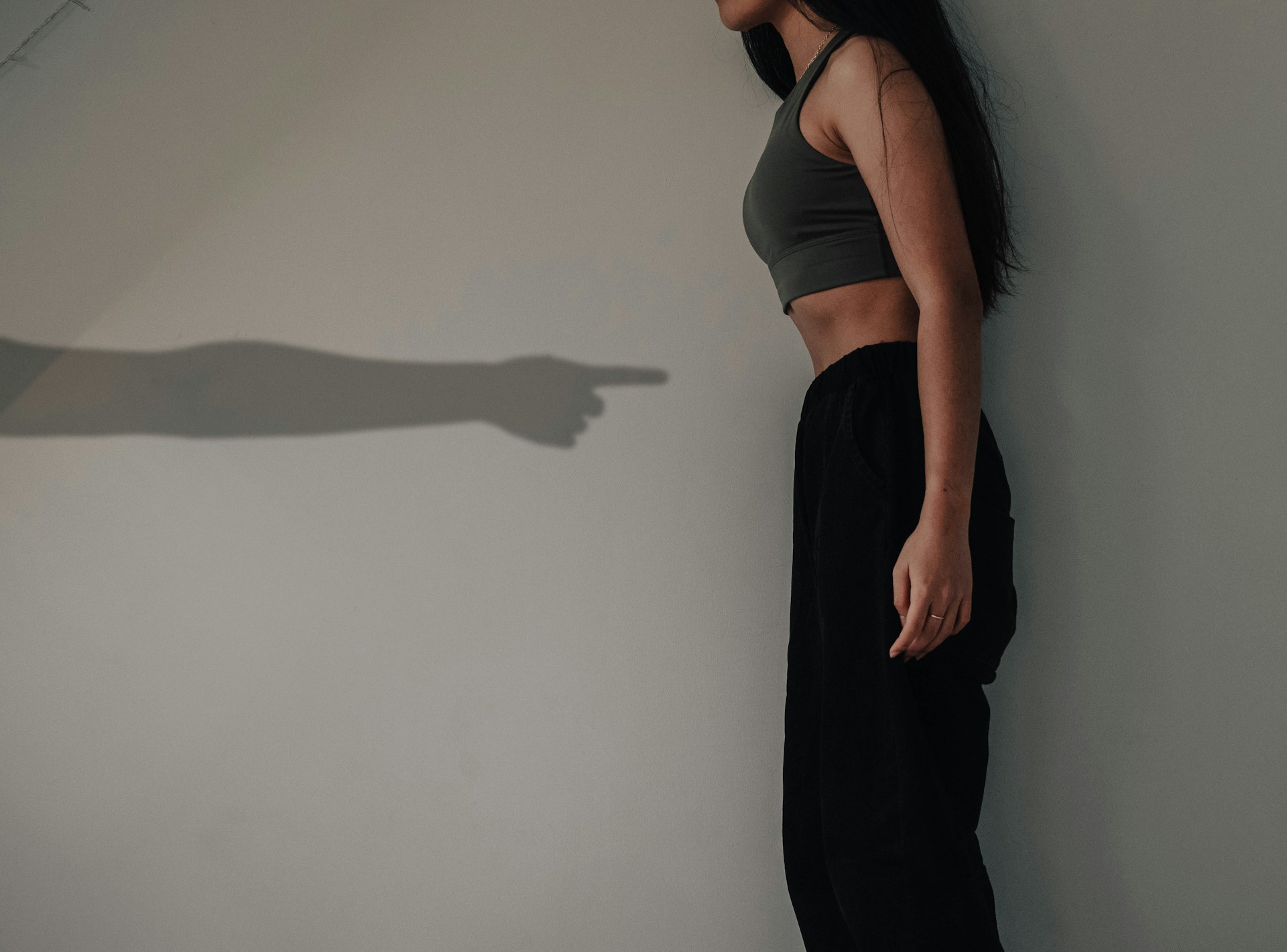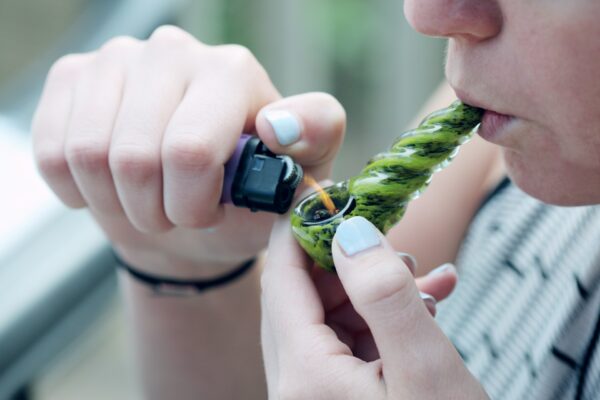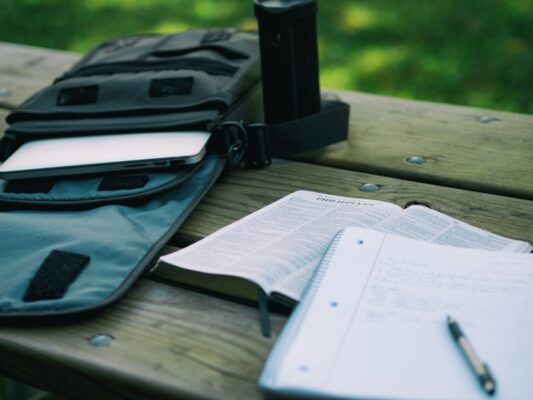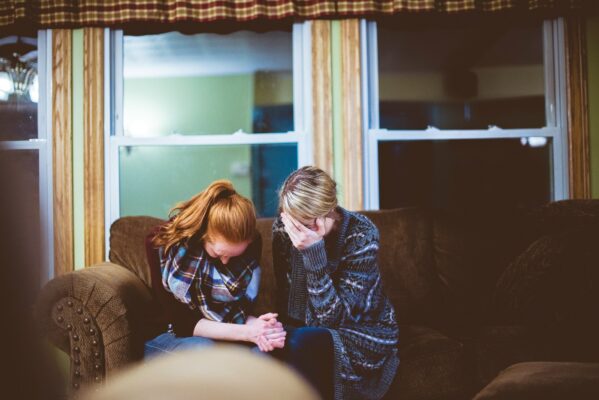Let's get started...
Body image is a term you might hear a lot, but what does it actually mean? At its core, body image is about how you see, think, and feel about your body. It's shaped by your personal experiences, interactions with others, and the messages you see in the media. For teenagers, body image can be especially important as you navigate changes in your body, develop your identity, and interact with peers. Understanding body image and its impact can help you build a healthier relationship with yourself and feel more confident in your own skin.What Is Body Image?
Body image refers to the way you perceive your physical appearance and how you feel about it. It includes:
- How you see yourself: The mental image you have of your body, which may or may not match reality.
- What you think: Your beliefs about your appearance, such as "I'm too short" or "I have great hair."
- How you feel: Your emotions related to your body, like pride, frustration, or embarrassment.
- How you behave: The actions you take based on your body image, such as how you dress or whether you avoid certain activities.
Why Is Body Image Important?
Your body image plays a big role in your overall wellbeing. When you have a positive body image, you're more likely to feel confident and comfortable in your own skin. On the other hand, a negative body image can lead to self-doubt, low self-esteem, and even mental health challenges.1. Self-Esteem
How you feel about your body can affect your overall self-worth. A positive body image boosts confidence, while a negative one can make you doubt your value.2. Mental Health
Body image issues are linked to anxiety, depression, and eating disorders. Feeling dissatisfied with your appearance can take a toll on your emotional wellbeing.3. Relationships
Your body image can influence how you interact with others. Feeling self-conscious might make you avoid social situations, while confidence helps you form connections.4. Physical Health
Body image can affect your behaviours, such as how you eat or exercise. A positive mindset encourages healthy habits, while a negative one might lead to harmful behaviours like extreme dieting.The Real-Life Impact of Body Image on Teenagers
For teenagers, body image is often a significant part of growing up. Here are some ways it might affect your daily life:Social Media
Platforms like Instagram and TikTok often showcase idealised versions of beauty. Comparing yourself to edited or filtered images can make you feel like you don't measure up.Peer Pressure
Comments from friends or classmates about appearances can shape how you feel about yourself. Even jokes or casual remarks can have a lasting impact.Physical Changes
During your teenage years, your body goes through a lot of changes. Adjusting to these changes while also dealing with societal expectations can be overwhelming.Academic and Extracurricular Participation
Negative body image might hold you back from trying new things, such as joining a sports team or giving a presentation, because you're worried about how you'll be perceived.Practical Strategies for Developing a Healthy Body Image
Improving your body image is possible with the right mindset and actions. Here are some strategies to help you build confidence and feel better about yourself:1. Focus on What Your Body Can Do
Shift your attention from how your body looks to what it allows you to achieve. For example:- Your legs help you run, dance, or explore new places.
- Your hands let you create, write, or play an instrument.
- Your brain allows you to think, learn, and solve problems.
2. Avoid Comparisons
Everyone's body is unique, so comparing yourself to others isn't helpful. Remind yourself that people often post their best moments online, and what you see on social media isn't always reality.3. Surround Yourself with Positive Influences
Spend time with people who uplift and support you. Follow social media accounts that celebrate diversity and promote self-acceptance.4. Practise Self-Compassion
Treat yourself with kindness and understanding. If you catch yourself thinking negatively about your appearance, challenge those thoughts. Replace them with affirmations like:- "I am more than my appearance."
- "I deserve kindness and respect."
5. Set Realistic Goals
If you want to make changes to your health or fitness, focus on realistic and achievable goals. For example, aim to feel stronger or have more energy rather than trying to look a certain way.6. Educate Yourself About Media Influences
Learn how advertising, movies, and social media promote unrealistic beauty standards. Understanding these influences can help you view them critically and reduce their impact on your self-esteem.7. Engage in Activities You Enjoy
Doing things that make you happy, such as pursuing hobbies or spending time with friends, can help shift your focus away from appearance and towards what truly matters.8. Talk About It
If you're struggling with body image, share your feelings with someone you trust, such as a parent, teacher, or counsellor. They can offer support and advice to help you navigate your emotions.When to Seek Professional Help
If negative body image is significantly affecting your mental health or daily life, it's important to seek professional support. Signs you might need help include:- Feeling anxious or depressed about your appearance.
- Engaging in unhealthy behaviours, such as extreme dieting or over-exercising.
- Avoiding social situations or activities because of self-consciousness.
Final Thoughts
Body image is an important part of how you see yourself, and it's something you can work on over time. By focusing on your strengths, challenging negative thoughts, and surrounding yourself with positive influences, you can develop a healthier mindset and feel more confident in your own skin. Remember, your worth isn't defined by your appearance, it's about who you are as a person. If you're ever struggling, don't hesitate to reach out for support. You're not alone, and there's always help available to guide you toward self-acceptance and happiness.How are you feeling?
It is really important that when we need help, we feel able to ask for it. This could be speaking to a parent, a close friend, a teacher or someone else you trust. Sometimes it can be really hard to share our feelings with other people but if we are feeling low or don't know where to turn, sharing with others is really important. Teachers will always take you seriously and listen to your problems in confidence if you approach them for help. Likewise, parents, siblings or friends will help you if you reach out to them.
If you feel like you can't speak to anyone you know, there are people and organisations that can help support you:
- Childline - Call them on 0800 1111 any time of the day or night, every day of the week
- NSPCC - Call them on 0808 800 5000 between 10am and 4pm Monday to Friday or email them on help@NSPCC.org.uk
- The Samaritans – Call them on 116 123 any time of the day or night, every day of the week
- SANE – Call 0300 304 7000 for support (4:30pm - 10:30pm every day)
- Mind – Call 0300 123 3393 (9:00am - 6:00pm Monday to Friday)
*Sometimes we will use real life examples in our articles to aid understanding. When we do, names and ages will be changed.













